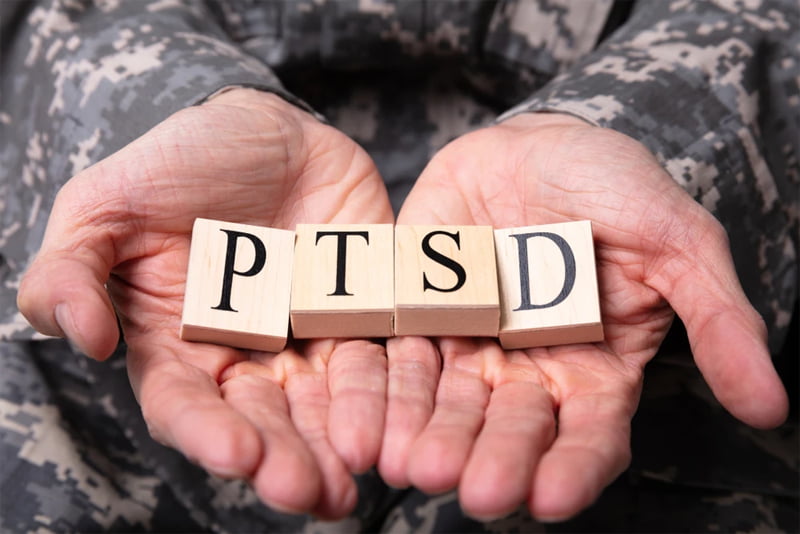Effective Ways To Support Veteran’s Mental Health
If you have a friend or a loved one who is a war veteran, then you may notice that they shy away from seeking treatment or help due to the stigma involved. Some war veterans might also consider their symptoms to be untreatable, while others might be unaware that they have problems. Here are effective ways to support veteran’s mental health.
Talk to a Veterans Disability Lawyer
War veterans tend to underestimate their mental disabilities since they don’t understand the magnitude of the issue. Their symptoms might worsen with time, and a veterans disability lawyer can guide you on the right path to evaluate your loved one’s current symptoms. Veteran disability lawyers are often familiar with psychological disorders, and you can rest assured that they will help you handle the challenging claim process.
Set Up a Home for a Veteran
If you are a tradesman or a contractor, use your skills to build a home for homeless war vets. Also, some organizations can adapt existing homes or build new homes for war vets. A veteran’s disability lawyer can link you with the right building organizations to build a home for a vet. You can also support war vets by donating land, services, or funds to facilitate building homes for war vets.
Monitoring Veterans Substance Abuse Patterns
Most war veterans tend to abuse substances, especially if they have a mental illness. Considering that the veterans lack emotional control, they often resort to substance abuse as a quick remedy for their mental health conditions.
Veteran disability lawyers have tons of experience in handling veteran issues, and they would strongly suggest that you monitor signs of substance abuse if you intend to support a veteran. Although it might be challenging to spot drug abuse symptoms in a loved one, you should be on the lookout for these signs:
● Increased drug use
● Taking drugs when they are upset
● Binge drinking
● Avoiding activities they previously enjoyed
Get Pets for Vets
War veterans, especially those with physical disabilities, visual impairment, brain injuries, or PTSD, can gain a lot if you get them a pet. Your first instinct might be to get them a service dog, although it would be best to get them a pet that they adore. No matter the animal, pet ownership comes with many health benefits.
Learning About PTSD
Most war veterans, especially those who served in Afghanistan or Iraq, suffer post-traumatic stress disorder. As stated earlier, most victims engage in self-destructive habits such as drug abuse or suicide. As a close family member or friend, it’s your responsibility to have open conversations with vets on the side effects of PTSD.
If the task is overwhelming, you can always consult a veteran disability lawyer who will suggest effective therapy service providers. Besides, it’s essential to familiarize yourself with post-traumatic stress disorder symptoms that will help you identify and manage patterns and behaviors when they reveal.
Generally, veterans need your support considering that most have encountered life-threatening events or severe trauma. Some vets find it challenging to transition from military life to civilian life. By supporting and understanding their mental needs, you can positively impact a vet’s life.







